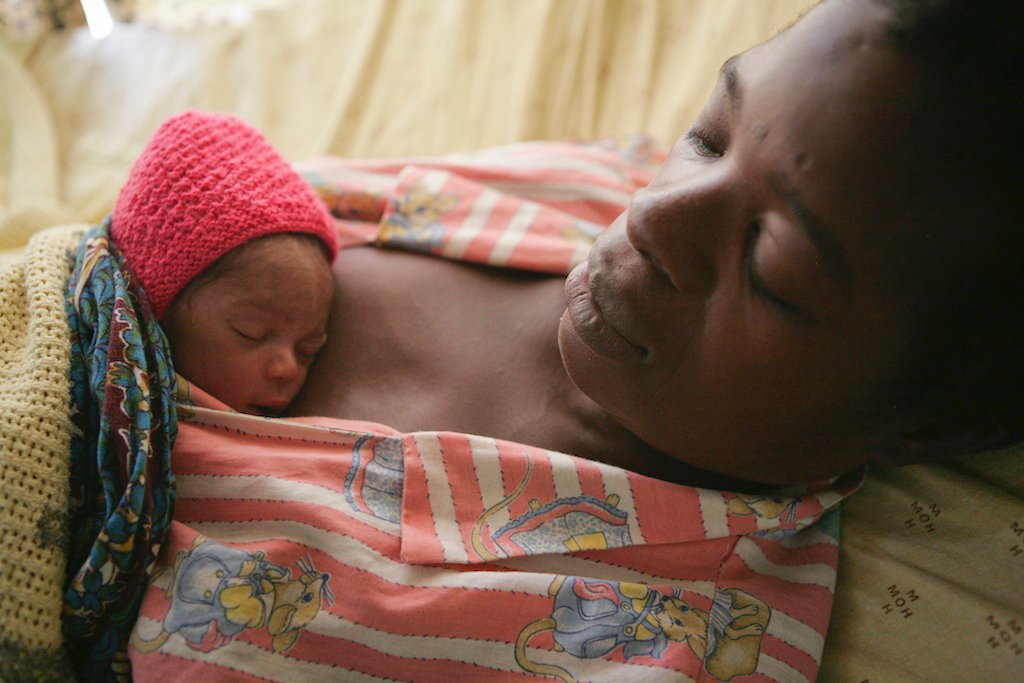The Tanzanian government has ramped up its nationwide efforts to combat epilepsy, a neurological condition that affects thousands of children and families, often in silence.
The country’s Ministry of Health revealed that over 192,000 epilepsy cases were reported in health facilities across the country in the 2024/25 period—highlighting the urgency of addressing the disease as a public health priority.
Speaking during the presentation of the SHINE Project progress report, Dr. Omary Ubuguyu, the Ministry’s Assistant Director for Non-Communicable Diseases, said the project has helped raise awareness about epilepsy and its long-overlooked connection to unsafe childbirth, malnutrition, and poor access to early healthcare.
“Many epilepsy cases in children are preventable,” Dr. Ubuguyu said. “By improving reproductive health services and access to skilled birth attendants, we can stop this before it starts.”
The SHINE Project, which operates in Dar es Salaam, Mbeya, and Morogoro, is part of a broader campaign to fight stigma, educate communities, and improve nutrition and access to treatment for children with epilepsy. Though funded by Italy, the program’s impact is deeply local, with trained community health workers playing a key role in transforming attitudes and outcomes.
Valentina Decao, the project coordinator, shared powerful testimonials of change. “We’ve seen children go from being hidden at home to thriving in school,” she said. “Education, diet, and access to anti-seizure medication can make a huge difference.”
Many parents who once believed epilepsy was a curse or punishment have now learned it’s a medical condition—one that can be managed with the right care. “Before, my daughter used to have seizures every week,” said a mother in Morogoro. “Now, she’s healthy, she eats well, and she’s back in class.”
Also Read; Burkina Faso Junta Axes Election Commission Amid Controversy
These changes don’t just improve the child’s life; they also bring healing and understanding to entire families and communities. Tanzania’s new approach aligns with global recommendations, including the World Health Organization (WHO) directive that calls on countries to make epilepsy part of their national health strategies.
Experts point out that epilepsy is more common than most people realize—affecting an estimated 50 million people worldwide, with over 80% living in low- and middle-income countries. In many of these countries, including Tanzania, the stigma attached to the disease prevents people from seeking help.
According to UNICEF and WHO, improving early nutrition and maternal care is key to reducing the risk of conditions like epilepsy and child malnutrition. Tanzania’s move to link epilepsy screening to broader reproductive and child health services could serve as a model for other African countries.
Dr. Ubuguyu says the next step will be to scale up the project to more rural areas, where epilepsy services are almost nonexistent. “We want to make sure no child is left behind—whether they live in a city or a remote village.”
Community engagement is also crucial. Religious leaders, teachers, and local influencers are being encouraged to spread the message that epilepsy is treatable and no longer a source of shame. These efforts are changing lives and slowly eroding years of stigma.







